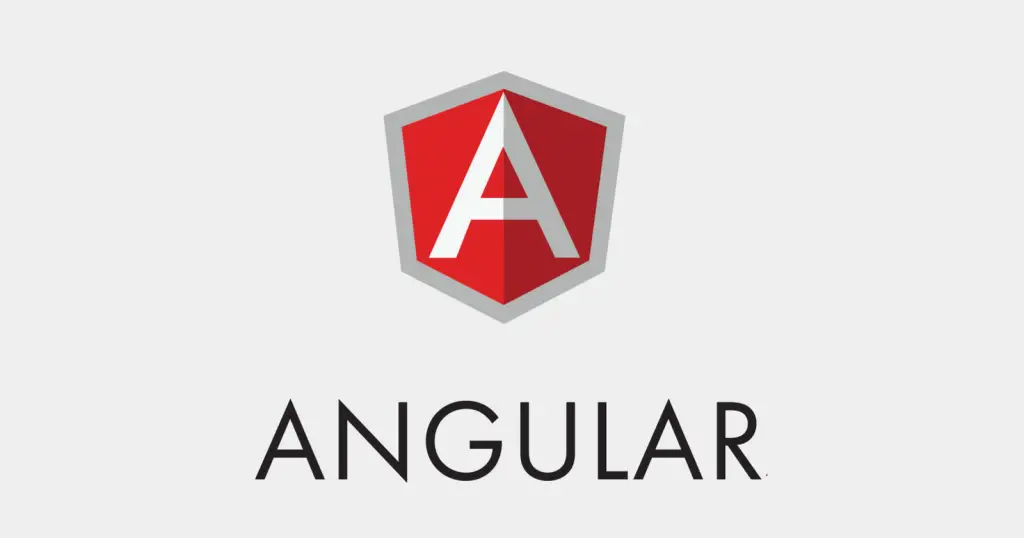Angular is the most popular JavaScript framework for developing client-side web apps (or single-page applications) or desktop web apps (or both). The Angular 8 latest version is available from the Angular Community. You can easily update the older version of Angular to Angular 8, which is the most recent version.

Angular 8
Angular 8 was written in TypeScript, and is compiled to JavaScript. It is an open-source client-side TypeScript based JavaScript framework that is similar to the previous versions but has some additional features. This framework is used to create dynamic web apps.
Dynamic Web Application:
Dynamic web applications are websites that change data or information, such as Gmail, Facebook, Yahoo!, etc. These are the parameters:
- Time to time:Example: News update web applications
- Location-to-location:Example: Weather-report Web Applications
- User-to-userExample: Gmail and Facebook.
Angular Previous Versions:
AngularJS or Angular 1.0: Being the first version of the Angular, AngularJS is also known as Angular 1 or Angular 1.0. AngularJS was released as a JavaScript-based open-source front-end web framework on October 20, 2010, by a team of Google, and is developed and maintained by Google. With a <script> tag, we can add AngularJS to an HTML page.
Angular 2: Angular 2 was first released in May 2016 as a complete rewrite of AngularJS. Its final version was released on September 14, 2016.
Angular 4: Due to the misalignment of the router package's version which was already distributed as v3.3.0, the Angular 3 was skipped by the Google team to avoid any confusion. Angular 4 was released instead, as an updated version of Angular 2.
Angular 5: Angular 5 was released on November 1, 2017, as an improved version of Angular 4. It improved the support for progressive web apps.
Angular 6: Angular 6 was a major release, which was released on May 4, 2018. It contains features to focus on ng update, ng add, Angular Elements, Angular Material + CDK Components, Angular Material Starter Components, CLI Workspaces, Library Support, Tree Shakable Providers, Animations Performance Improvements, and RxJS v6.
Angular 7: Angular 7 is a TypeScript based open-source full-stack web application, that is used to create reactive Single Page Applications (SPAs). Angular 7 contains features to focus on Application Performance, Angular Material & CDK, Virtual Scrolling, Improved Accessibility, etc. It was released on October 18, 2018.
Angular 8: Angular 8 was released on May 28, 2019, as the latest version of Angular. It supports TypeScript 3.4. It contains features to mainly focus on Differential loading, Dynamic imports for lazy routes, web workers and Angular Ivy as opt-in support.





